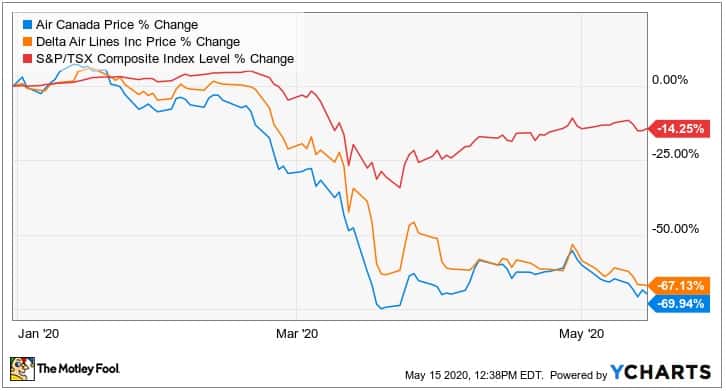Tax-Free Savings Accounts (TFSAs) have surged in popularity. This is easy to understand. Their tax-advantaged nature makes them ideal vehicles for holding high-growth investments and building wealth over the long term. All interest income, dividends and capital gains are accumulated in a TFSA tax-free. Even upon withdrawal, taxes are not applicable.
Use a TFSA to build wealth faster
TFSAs remove the corrosive impact of taxes upon investment earning. This allows you to create wealth and achieve your financial goals sooner. This make TFSAs the ideal investment vehicle to hold high-growth investments such as stocks. Not only can you eliminate the taxes payable on capital gains, but any dividends paid are also tax-free.
It is quality speculative stocks with the potential to generate substantial returns that are ideal candidates for a TFSA. This is because over the long term, they possess the potential to generate outsized capital gains, which would be hit with a 50% tax on capital gains if held outside a TFSA.
Ideal TFSA stock
One such opportunity that has been created by the coronavirus pandemic and resulting March 2020 stock market crash is Air Canada (TSX:AC). Canada’s flag carrier has been sharply impacted by the pandemic, which essentially triggered the collapse of global tourism and travel. Air Canada has lost a whopping 70% since the start of 2020, which is more than Delta Airlines’s 67% and the S&P/TSX Composite’s 14%.

While the outlook for airlines is particularly poor, there are signs that as a contrarian speculative play on a post-coronavirus economic recovery, its stock could soar.
Air Canada has implemented measures to survive the pandemic. This includes furloughing a large portion of its employees, cutting executive remuneration and reducing capacity by a staggering 90%.
Despite these measures, Air Canada reported a whopping $1 billion first-quarter 2020 loss, which weighed heavily on its stock price. That can be attributed to a combination of sharply lower revenue, higher depreciation, and foreign exchange losses.
There are fears that the current crisis facing the travel and tourism industry could bankrupt Air Canada. While the short- to medium-term outlook for airlines is poor, Air Canada will survive the current crisis.
Considerable liquidity
It has amassed a considerable level of liquidity. At the end of March Air Canada has unrestricted liquidity of $6.5 billion. By the end April, the national airline had concluded almost $1.4 billion in debt-financing deals, further strengthening its ability to survive the current crisis. Cost-cutting efforts and a reduction in capital spending now total just over $1 billion, further enhancing Air Canada’s ability to survive.
Despite the sharp increase in debt, at the end of the first quarter, Air Canada had a manageable net debt to trailing 12-month EBITDA ratio of 1.3 times. Even the latest loans concluded in April won’t push that ratio to a critical level.
This highlights that Air Canada will survive the current crisis. There is also the high likelihood of a bailout from Ottawa if the situation worsens, which is an important backstop.
Foolish takeaway
A TFSA is the ideal investment vehicle to hold Air Canada stock. There is no denying that the airline is a speculative play in the current harsh operating environment, where air travel has essentially ground to a halt.
Nonetheless, the national flag carrier is well positioned to survive the current crisis. Air Canada will emerge into a market where it has a dominant market share and wider moat than its competitors. This will it to recover faster than many of its foreign competitors.
There is every likelihood that over the long term Air Canada will deliver strong gains for investors. This makes it an ideal candidate for a TFSA and their tax-advantaged nature. Over the last decade, even after the latest sharp decline in value, Air Canada delivered a stunning 669%, which is a compound annual growth rate (CAGR) of 23%. That highlights why it is an ideal stock to hold in a TFSA at this time.




